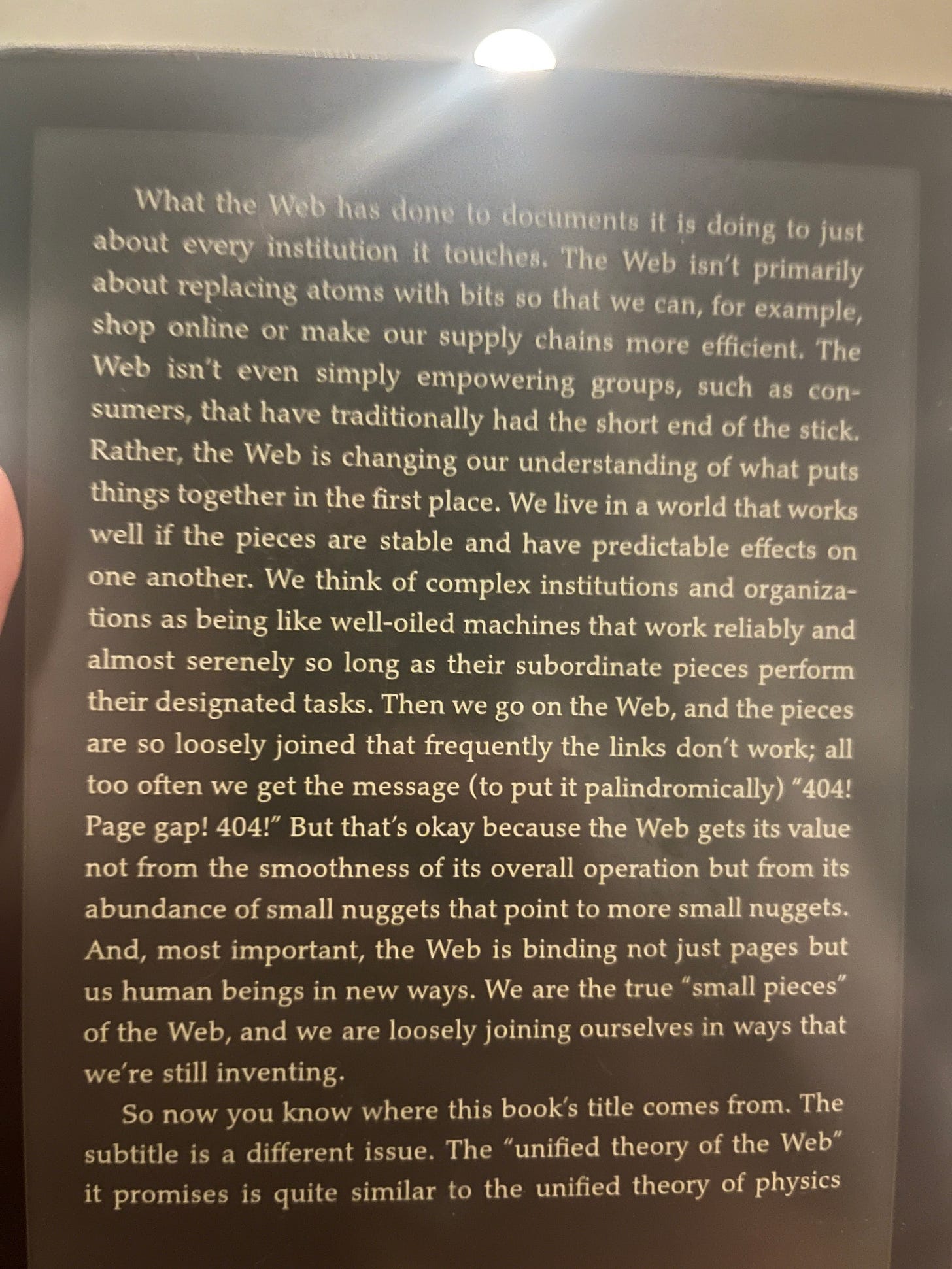The little cognitive loads that contribute to a crisis
One thing I've been thinking a lot about the last 42 hours is the street sweeping signs. That's sort of silly since I've been helping family members evacuate and there's a generational climate crisis happening.
A decade ago, I remember there was a thought that those would be digitized and protocolized as part of Coord Curb's API, a Google backed next generation approach to "smart" cities. That didn't really take off though it's a big little thing.
It's yet another thing to worry about moving the cars in a stressful time. It'd make too much sense to a targeted update to relevant residents about whether street sweeping is still happening. Yesterday street sweeping didn't happen but shifting cars around the street by our little halfway house was a big focal point logistically.
Updating street sweeping public notification protocols obviously is far from the biggest thing facing the City of Angels at the moment. It does strike me as radically common sense and opening up new frontiers for addressing problems like wildfires. (Think of dynamic street parking bans in red flag areas and warnings, potentially coupled with AV only areas in high risk zones.)
More broadly, we don't really look at the city from an integrated or resident centered perspective. City services are fragmented across specialized departments. That obviously creates challenges when there's an unprecedented crisis.
A new world is slowly emerging though, one long envisioned by works like Small Pieces, Loosely Joined, excerpted below.



